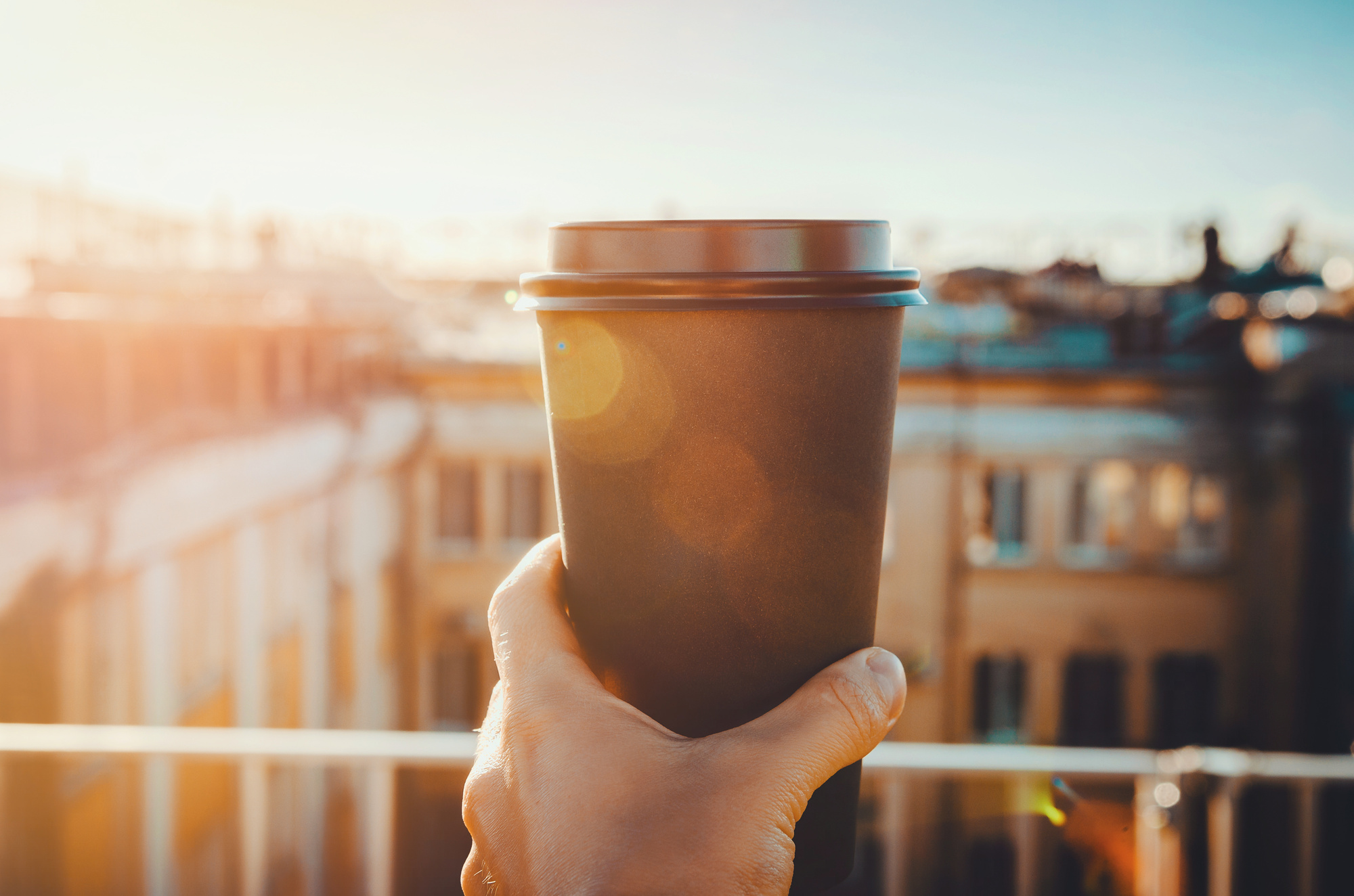
Blog
Caffeine in Tea vs. Coffee: How Do These Drinks Compare?
Caffeine creates a lot of buzz. The average American consumes between 110 and 260 milligrams of caffeine per day. The government recommends consumption of less than 400

Caffeine creates a lot of buzz. The average American consumes between 110 and 260 milligrams of caffeine per day. The government recommends consumption of less than 400

Nothing brings America together quite like coffee. 62 percent of Americans say they drink coffee every day. The average American drinks three cups over the course of

The average cup of coffee has around 95 mg of caffeine. But have you considered caffeine health? For instance, is caffeine good for your health?


